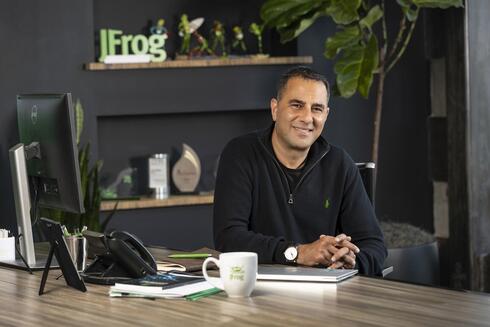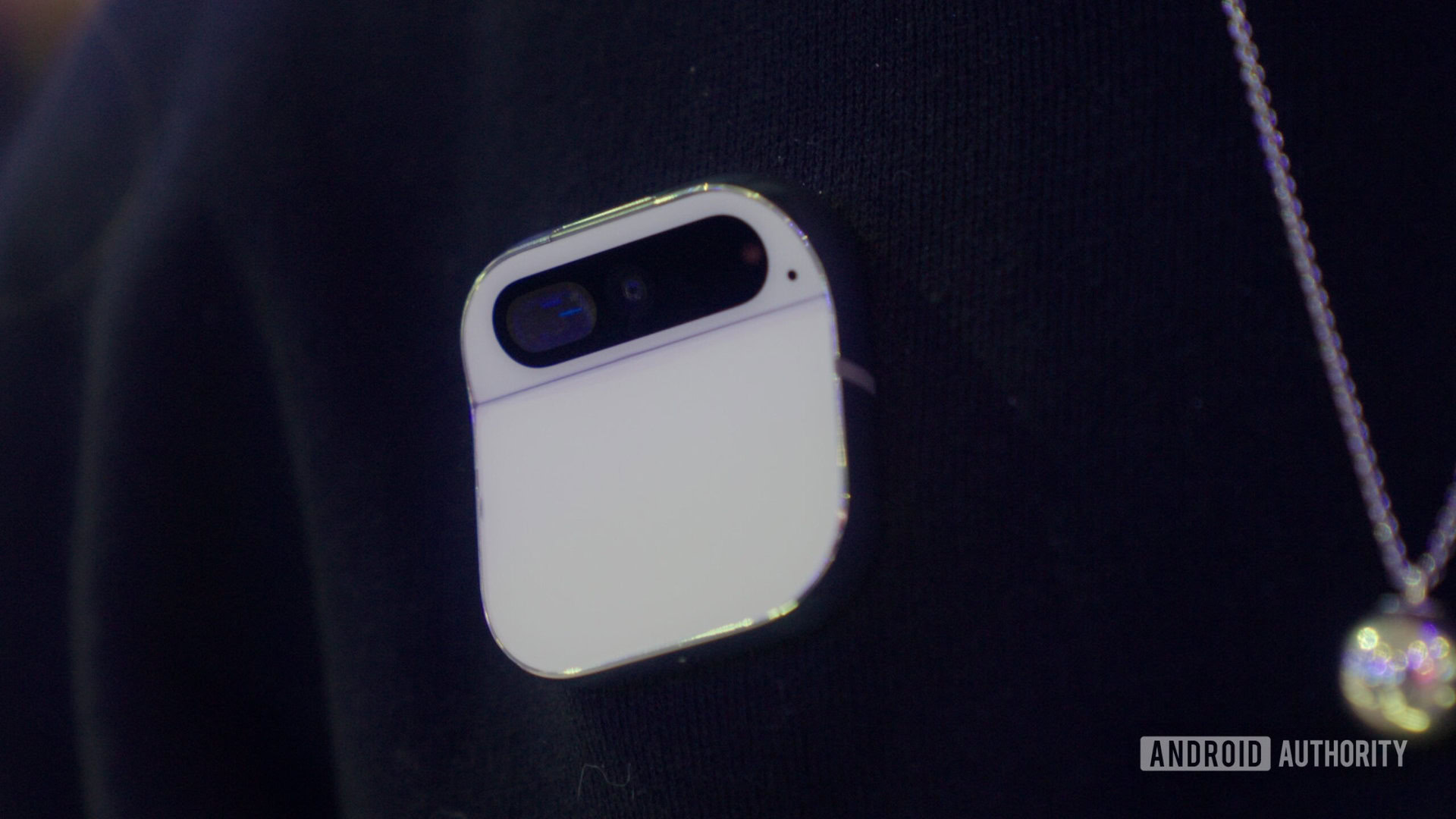Editor’s note: This series profiles six of the Seattle region’s “Uncommon Thinkers”: inventors, scientists, technologists and entrepreneurs transforming industries and driving positive change in the world. They will be recognized Dec. 11 at the GeekWire Gala. Uncommon Thinkers is presented in partnership with Greater Seattle Partners.
Before he launched a venture-backed biotech startup, prior even to landing a research role in one of the world’s premier academic labs, Anindya Roy arrived in the U.S. with two suitcases and $2,000 in the bank.
Roy grew up in rural India in a home that lacked electricity and running water during his childhood. A passion for science fueled his ambitions, leading him to earn degrees at the University of Calcutta and the Indian Institute of Technology in Kharagpur.
Then he made the bold leap in 2008 to pursue his PhD at Arizona State University, which led to a postdoctoral fellowship with David Baker, a University of Washington professor who last year won a Nobel Prize in Chemistry.
In 2023, Roy co-founded Seattle-based Lila Biologics, which uses the AI-powered protein design technology developed in the Baker lab to pursue cutting-edge medical therapies.
“Anindya is a brilliant and determined scientist and innovator who has made key contributions across diverse areas of science,” Baker said, “and is charting a most exciting path forward with Lila.”
Dr. Sheila Gujrathi, a biotech executive and chair of Lila’s board of directors, described Roy as “a thoughtful and creative problem-solver who approaches each challenge with genuine humility. He stands out not just for his innovative thinking, but also for his sincere kindness and integrity.”

Unlocking potential
In the lab at ASU, Roy focused on protein engineering for sustainable energy resources, but he was eager to apply those skills to medicine. He sent an email to Baker who invited him for an interview and tour of his protein creation lab, which delivered a kid-in-a-candy-shop kind of experience.
“That was the most exciting thing because it was such an amazingly diverse set of computational protein design problems, aiming to solve so many different kinds of things,” Roy recalled.

He jumped at the postdoc opportunity, joining the lab that is part of the UW’s Institute for Protein Design (IPD). There he began exploring the groundbreaking tools for creating proteins from scratch, ultimately pursuing a molecule that showed promise in cancer care and the treatment of fibrotic diseases that form scar tissue in various organs.
Roy eventually entered the IPD’s Translational Investigator Research Program, which gives entrepreneurial scientists the support and training to begin commercializing their discoveries. Two years ago, he and Jake Kraft, a fellow IPD postdoc, licensed the molecule they worked on at the UW and launched Lila.
While Roy has found success in his research, scientific inquiry can be slow-going and frustrating. To unwind he turns to intense weight training and goes to live shows — he caught Lady Gaga this summer and loves house music. Roy also whips up French pastries and tortes worthy of “The Great British Bake Off.”
And sometimes he reflects on the unlikely journey that led him to launching his own company.
“Whenever I get kind of discouraged or depressed about things, I look back at my career trajectory and how far I’ve come,” Roy said. “That does give me a lot of strength.”

The power of science
His startup is also making confidence-boosting progress. Lila has raised $10 million from investors and released two AI-powered platforms for creating therapeutic proteins. One is focused on targeted radiotherapy, generating proteins that precisely bind to tumors and carry radioactive isotopes that zap cancerous cells. The other platform is used to build long-acting injectable drugs that slowly release medicine over weeks or months.
In September, the seven-person startup announced a collaboration with pharmaceutical giant Eli Lilly to develop therapies for treating solid tumors.
Roy is grateful for U.S. support of the basic research that underpins the work being done at universities, institutions and companies nationwide. He’s also worried about federal funding cuts being pursued by the current administration that threaten America’s leadership in scientific innovation.
Because while he has been doing de novo protein design for more than a decade, Roy is still amazed by what the technology can do and how fast it’s evolving.
“This is almost like science fiction,” Roy said. “Years ago, you never imagined what we are doing right now. You are designing molecules in the computer, and you are putting them in actual living systems, and it’s doing what it’s supposed to do. It is pure science fiction.”











